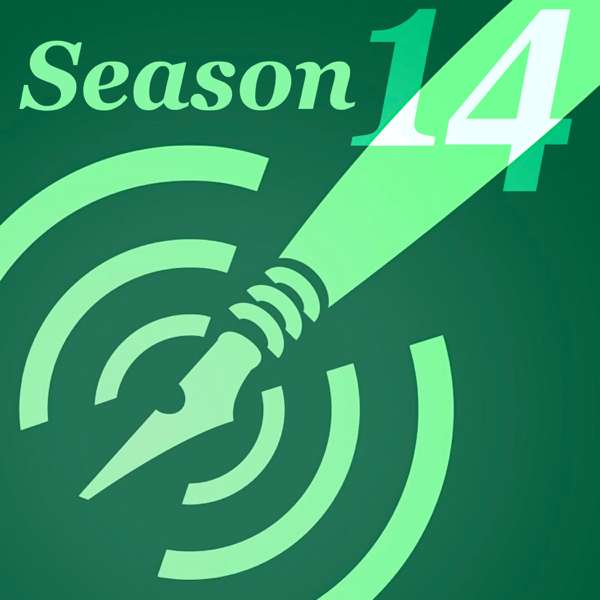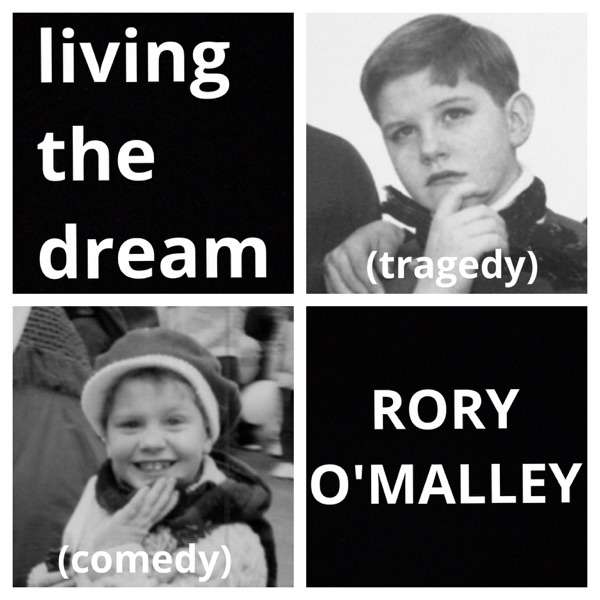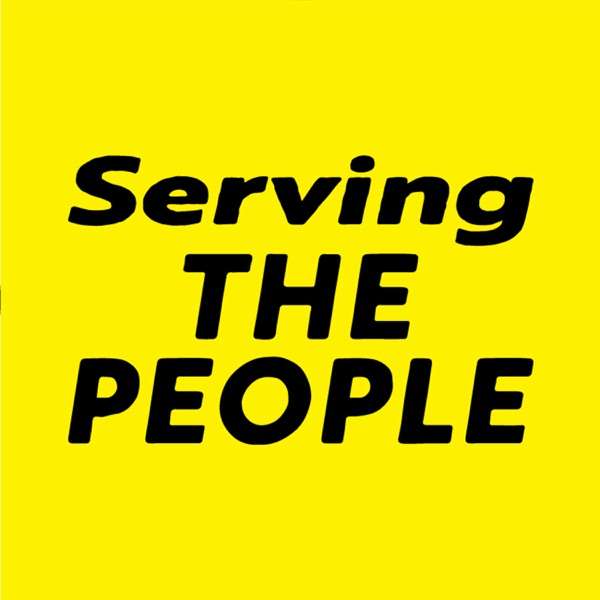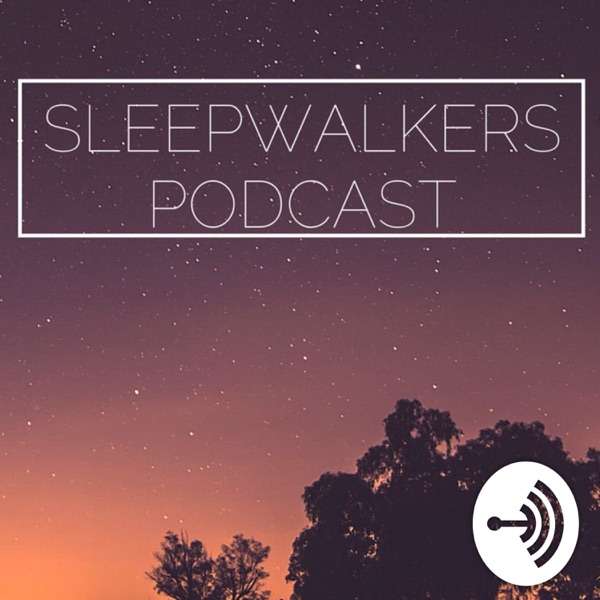Duncan catches up with two of the members of BFAMFAPhD for a chat about the upcoming event series, which for those of you in NYC starts friday with MAKING & BEING.
Conversations about Art & Pedagogy
co-presented by BFAMFAPhD & Pioneer Works, hosted by Hauser & Wirth, with media partners Bad at Sports and Eyebeam.
image credit...
BFAMFAPhD, Making and Being Card Game, print version, 2016-2018, photograph by Emilio Martinez Poppe.
Full details below...
____________________________
Hauser & Wirth
BFAMFAPhD is a collective that employs visual and performing art, policy reports, and teaching tools to advocate for cultural equity in the United States.
Pioneer Works is a cultural center dedicated to experimentation, education, and production across disciplines.
Contemporary art talk without the ego, Bad at Sports is the Midwest's largest independent contemporary art podcast and blog.
Eyebeam is a platform for artists to engage society's relationship with technology.
Access info:
The event is free and open to the public. RSVP is required through www.hauserwirth.com/events.
The entrance to Hauser & Wirth Publishers Bookshop is at the ground floor and accessible by wheelchair. The bathroom is all-gender. This event is low light, meaning there is ample lighting but fluorescent overhead lighting is not in use. A variety of seating options are available including: folding plastic chairs and wooden chairs, some with cushions.
This event begins at 6 PM and ends at 8 PM but attendees are welcome to come late, leave early, and intermittently come and go as they please. Water, tea, coffee, beer and wine will be available for purchase. The event will be audio recorded. We ask that if you do have questions or comments after the event for the presenters that you speak into the microphone. If you are unable to attend, audio recordings of the events will be posted on Bad at Sports Podcast after the event.
Parking in the vicinity is free after 6 PM. The closest MTA subway station is 23rd and 8th Ave off the C and E. This station is not wheelchair accessible. The closest wheelchair accessible stations are 1/2/3/A/C/E 34th Street-Penn Station and the 14 St A/C/E station with an elevator at northwest corner of 14th Street and Eighth Avenue.
____________________________
"While knowledge and skills are necessary, they are insufficient for skillful practice and for transformation of the self that is integral to achieving such practice."
- Gloria Dall'Alba
BFAMFAPhD presents a series of conversations that ask: What ways of making and being do we want to experience in art classes? The series places artists and educators in intimate conversation about forms of critique, cooperatives, artist-run spaces, healing, and the death of projects. If art making is a lifelong practice of seeking knowledge and producing art in relationship to that knowledge, why wouldn't students learn to identify and intervene in the systems that they see around them? Why wouldn't we teach students about the political economies of art education and art circulation? Why wouldn't we invite students to actively fight for the (art) infrastructure they want, and to see it implemented?
The series will culminate in the launch of Making and Being, a multi-platform pedagogical project that offers practices of collaboration, contemplation, and social-ecological analysis for visual artists. Making and Being is a book, a series of videos, a deck of cards, and an interactive website with freely downloadable content created by authors Susan Jahoda and Caroline Woolard with support from Fellow Emilio Martinez Poppe and BFAMFAPhD members Vicky Virgin and Agnes Szanyi.
____________________________
SCHEDULE
____________________________
Modes of Critique
What modes of critique might foster racial equity in studio art classes at the college level?
Friday 1/18 from 6-8pm
Billie Lee and Anthony Romero of the Retooling Critique Working Group
Respondent: Eloise Sherrid, filmmaker, The Room of Silence
Billie Lee is an artist, educator, and writer working at the intersection of art, pedagogy, and social change. She holds a BFA from the Rhode Island School of Design, an MFA from Yale University, and is a doctoral candidate at the University of Hawai'i at Mānoa in American Studies. She has held positions at the Queens Museum, the Yale University Art Gallery, Doris Duke Foundation for Islamic Art, University of New Haven, University of Hawai'i at Mānoa, and is currently an Assistant Professor of Art History at Hartford Art School.
Anthony Romero is an artist, writer, and organizer committed to documenting and supporting artists and communities of color. Recent projects include the book-length essay The Social Practice That Is Race, written with Dan S. Wang and published by Wooden Leg Press, Buenos Dias, Chicago!, a multi-year performance project commissioned by the Museum of Contemporary Art Chicago and produced in collaboration with Mexico City based performance collective, Teatro Linea de Sombra. He is a co-founder of the Latinx Artists Retreat and is currently a Professor of the Practice at The School of the Museum of Fine Arts at Tufts University.
Judith Leemann is an artist, educator, and writer whose practice focuses on translating operations through and across distinct arenas of practice. A long-standing collaboration with the Boston-based Design Studio for Social Intervention grounds much of this thinking. Leemann is Associate Professor of Fine Arts 3D/Fibers at the Massachusetts College of Art and Design and holds an M.F.A. in Fiber and Material Studies from the School of the Art Institute of Chicago. Her writings have been included in the anthologies Beyond Critique (Bloomsbury, 2017), Collaboration Through Craft (Bloomsbury, 2013), and The Object of Labor: Art, Cloth, and Cultural Production (School of the Art Institute of Chicago and MIT Press 2007). Her current pedagogical research is anchored by the Retooling Critique working group she first convened in 2017 to take up the question of studio critique's relation to educational equity.
The Retooling Critique Working Group is organized by Judith Leemann and was initially funded by a Massachusetts College of Art and Design President's Curriculum Development Grant.
Eloise Sherrid is a filmmaker and multimedia artist based in NYC. Her short viral documentary, "The Room of Silence," (2016) commissioned by Black Artists and Designers (BAAD), a student community and safe space for marginalized students and their allies at Rhode Island School of Design, exposed racial inequity in the critique practices institutions for arts education, and has screened as a discussion tool at universities around the world.
__________________________
Artist-Run Spaces
How do artists create contexts for encounters with their projects that are aligned with their goals?
Friday 2/1 from 6-8pm
Linda Goode-Bryant, Heather Dewey-Hagborg, and Salome Asega
Linda Goode-Bryant is the Founder and President of Active Citizen Project and Project EATS. She developed Active Citizen Project while filming the 2004 Presidential Elections and developed Project EATS during the 2008 Global Food Crisis. She is also the Founder and Director of Just Above Midtown, Inc. (JAM), a New York City non-profit artists space. Linda believes art is as organic as food and life, that it is a conversation anyone can enter. She has a Masters of Business Administration from Columbia University and a Bachelor of Arts Degree in painting from Spelman College and is the recipient of a Guggenheim Fellowship and a Peabody Award.
Heather Dewey-Hagborg is a transdisciplinary artist who is interested in art as research and critical practice. Heather has shown work internationally at events and venues including the World Economic Forum, the Shenzhen Urbanism and Architecture Biennale and PS1 MOMA. Her work is held in public collections of the Centre Pompidou, the Victoria and Albert Museum, and the New York Historical Society, and has been widely discussed in the media, from the New York Times to Art Forum. Heather is also a co-founder of REFRESH, an inclusive and politically engaged collaborative platform at the intersection of Art, Science, and Technology.
Salome Asega is an artist and researcher based in New York. She is the Technology Fellow in the Ford Foundation's Creativity and Free Expression program area, and a director of POWRPLNT, a digital art collaboratory in Bushwick. Salome has participated in residencies and fellowships with Eyebeam, New Museum, The Laundromat Project, and Recess Art. She has exhibited and given presentations at the 11th Shanghai Biennale, Performa, EYEO, and the Brooklyn Museum. Salome received her MFA from Parsons at The New School in Design and Technology where she also teaches.
____________________________
Building Cooperatives
What if the organization of labor was integral to your project?
Friday 2/22 from 6-8pm
Members of Meerkat Filmmakers Collective and Friends of Light
Meerkat Media Collective is an artistic community that shares resources and skills to incubate individual and shared creative work. We are committed to a collaborative, consensus-based process that values diverse experience and expertise. We support the creation of thoughtful and provocative stories that reflect a complex world. Our work has been broadcast on HBO, PBS, and many other networks, and screened at festivals worldwide, including Sundance, Tribeca, Rotterdam and CPH:Dox. Founded as an informal arts collective in 2005 we have grown to include a cooperatively-owned production company and a collective of artists in residence.
Friends of Light develops and produces jackets woven to form for each client. We partner with small-scale fiber producers to source our materials, and with spinners to develop our yarns. We construct our own looms to create pattern pieces that have complete woven edges (selvages) and therefore do not need to be cut. The design emerges from the materials and from methods developed to weave two dimensional cloth into three dimensional form. Each jacket is the expression of the
collective knowledge of the people involved in its creation. Our business is structured as a worker cooperative and organized around cooperative principles and values. Friends of light founding members are Mae Colburn, Pascale Gatzen, Jessi Highet and Nadia Yaron.
____________________________
Healing and Care (OFFSITE EVENT)
How do artists ensure that their individual and collective needs are met in order to dream, practice, work on, and return to their projects each day?
Thursday 2/28 from 6-8pm
Adaku Utah and Taraneh Fazeli
NOTE this event will be held at 151 West 30th Street # Suite 403, New York, NY 10001
Adaku Utah was raised in Nigeria armed with the legacy of a long line of freedom fighters, farmers, and healers. Adaku harnesses her seasoned powers as a liberation educator,healer, and performance ritual artist as an act of love to her community. Alongside Harriet Tubman, she is the co-founder and co-director of Harriet's Apothecary, an intergenerational healing collective led by Black Cis Women, Queer and Trans healers, artists, health professionals, activists and ancestors. For over 12 years, her work has centered in movements for radical social change, with a focus on gender, reproductive, race, and healing justice. Currently she is the Movement Building Leadership Manager with the National Network for Abortion Funds. She is also a teaching fellow with BOLD (Black Organizing for Leadership and Dignity) and Generative Somatics.
Taraneh Fazeli is a curator from New York. Her multi-phased traveling exhibition "Sick Time, Sleepy Time, Crip Time: Against Capitalism's Temporal Bullying" deals with the politics of health. It showcases the work of artists and groups who examine the temporalities of illness and disability, the effect of life/work balances on wellbeing, and alternative structures of support via radical kinship and forms of care. The impetus to explore illness as a by-product of societal structures while also using cultural production as a potential place to re-imagine care was her own chronic illnesses. She is a member of Canaries, a support group for people with autoimmune diseases and other chronic conditions.
____________________________
When Projects Depart
What practices might we develop to honor the departure of a project? For example, where do materials go when they are no longer of use, value, or interest?
Thursday 3/14 from 6-8pm
Millet Israeli and Lindsay Tunkl
Millet Israeli is a psychotherapist who focuses on the varied human experience of loss. She works with individuals and families struggling with grief, illness, end of life issues, anticipatory loss, and ambiguous loss. Her approach integrates family systems theory, cognitive restructuring, mindfulness, and trauma informed care. Millet enjoys creating and exploring photography and poetry, and both inform her work with her clients. Millet holds a BA in psychology from Princeton, a JD from Harvard Law School, an MSW from NYU and is certified in bioethics through Montefiore. She sits on an Institutional Review Board for Human Subjects Research at Weill Cornell.
Lindsay Tunkl is a conceptual artist and writer using performance, sculpture, language, and one-on-one encounters to explore subjects such as the apocalypse, heartbreak, space travel, and death. Tunkl received an MFA in Fine art and an MA in Visual + Critical Studies from CCA in San Francisco (2017) and a BFA from CalArts In Los Angeles (2010). Her work has been shown at the Hammer Museum, LA, Southern Exposure, SF, and The Center For Contemporary Art, Santa Fe. She is the creator of Pre Apocalypse Counseling and the author of the book When You Die You Will Not Be Scared To Die.
____________________________
Group Agreements
What group agreements are necessary in gatherings that occur at residencies, galleries, and cultural institutions today?
Friday 4/19 from 6-8pm
Sarah Workneh, Laurel Ptak, and Danielle Jackson
Sarah Workneh has been Co-Director at Skowhegan for nine years leading the educational program and related programs in NY throughout the year, and oversees facilities on campus. Previously, Sarah worked at Ox-Bow School of Art as Associate Director. She has served as a speaker in a wide variety of conferences and schools. She has played an active role in the programmatic planning and vision of peer organizations, most recently with the African American Museum of Philadelphia. She is a member of the Somerset Cultural Planning Commission's Advisory Council (ME); serves on the board of the Colby College Museum of Art.
Laurel Ptak is a curator of contemporary art based in New York City. She is currently Executive Director & Curator of Art in General. She has previously held diverse roles at non-profit art institutions in the US and internationally, including the Guggenheim Museum (New York), MoMA PS. 1 Contemporary Art Center (New York), Museo Tamayo (Mexico City), Tensta Konsthall (Stockholm) and Triangle (New York). Ptak has organized countless exhibitions, public programs, residencies and publications together with artists, collectives, thinkers and curators. Her projects have garnered numerous awards, fellowships, and press for their engagement with timely issues, tireless originality, and commitment to rigorous artistic dialogue.
Danielle Jackson is a critic, researcher, and arts administrator. She is currently a visiting scholar at NYU's Center for Experimental Humanities. As the co-founder and former co-director of the Bronx Documentary Center, a photography gallery and educational space, she helped conceive, develop and implement the organization's mission and programs. Her writing and reporting has appeared in artnet and Artsy. She has taught at the Museum of Modern Art, International Center of Photography, Parsons, and Stanford in New York, where she currently leads classes on photography and urban studies.
____________________________
Open Meeting for Arts Educators and Teaching Artists
How might arts educators gather together to develop, share, and practice pedagogies that foster collective skills and values?
Friday 5/17 from 6-8pm
Facilitators: Members of the Pedagogy Group
The Pedagogy Group is a group of educators, cultural workers, and political organizers who resist the individualist, market-driven subjectivities produced by mainstream art education. Together, they develop and practice pedagogies that foster collective skills and values. Activities include sharing syllabi, investigating political economies of education, and connecting classrooms to social movements.Their efforts are guided by accountability to specific struggles and by critical reflection on our social subjectivities and political commitments.
____________________________
Book Launch: Making and Being: A Guide to Embodiment, Collaboration and Circulation in the Visual Arts
What ways of making and being do we want to experience in art classes?
Friday 10/25 from 6-8pm
Stacey Salazar in dialog with Caroline Woolard, Susan Jahoda, and Emilio Martinez Poppe of BFAMFAPhD
Stacey Salazar is an art education scholar whose research on teaching and learning in studio art and design in secondary and postsecondary settings has appeared in Studies in Art Education, Visual Arts Research, and Art Education Journal. In 2015 her research was honored with the National Art Education Association Manuel Barkan Award. She holds a Doctorate of Education in Art and Art Education from Columbia University Teachers College and currently serves as Associate Dean of Graduate Studies at the Maryland Institute College of Art, where she was a 2013 recipient of the Trustee Fellowship for Excellence in Teaching.
BFAMFAPhD is a collective that employs visual and performing art, policy reports, and teaching tools to advocate for cultural equity in the United States. The work of the collective is to bring people together to analyze and reimagine relationships of power in the arts. Susan Jahoda is a Professor in Studio Arts at the University of Amherst, MA; Emilio Martinez Poppe is the Program Manager at Fourth Arts Block (FABnyc) in New York, NY; Caroline Woolard is an Assistant Professor of Sculpture at The University of Hartford, CT. Supporting this series at Hauser and Wirth for Making and Being are BFAMFAPhD collective members Agnes Szanyi, a Doctoral Student at The New School for Social Research in New York, NY and Vicky Virgin, a Research Associate at The Center for Economic Opportunity in New York, NY.
Making and Being is a multi-platform pedagogical project that offers practices of collaboration, contemplation, and social-ecological analysis for visual artists. Making and Being is a book, a series of videos, a deck of cards, and an interactive website with freely downloadable content created by authors Susan Jahoda and Caroline Woolard with support from Fellow Emilio Martinez Poppe and BFAMFAPhD members Vicky Virgin and Agnes Szanyi.

 Our TOPPODCAST Picks
Our TOPPODCAST Picks  Stay Connected
Stay Connected







